In a new edited book, Catherine Eschle argues that protest camps are important spaces of feminist struggle. Here, she asks: are protest camps a site of 21st century feminist democracy?
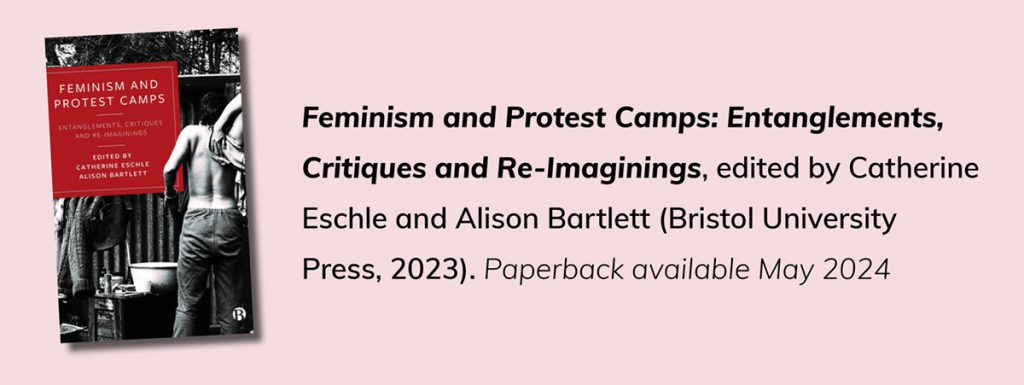
Protest camps are set up by activists as temporary homes to facilitate action for specific political ends and often also to prefigure alternative ways of life.
Camps can be a symptom of a lack of democracy. Consider the Native American occupation of Alcatraz in 1969–70 or the 1989 Tiananmen Square protests in Beijing. Those involved took control of public spaces, often in the face of serious state repression, because they could not get their demands heard through more conventional channels.
Conversely, encampments are often key to creating and renewing democratic institutions. This was a focus of the ‘movements of the squares’ which included the 2011 15M encampments in Spain, the worldwide Occupy movement and the 2013 Gezi Park uprising in Turkey.
Camps can also be sites of democratic experimentation and possibility, because of their spatial form and because activists live in them while organising collectively. This allows for the development of participatory or horizontal democratic modes of decision-making and self-governance, however fleeting.
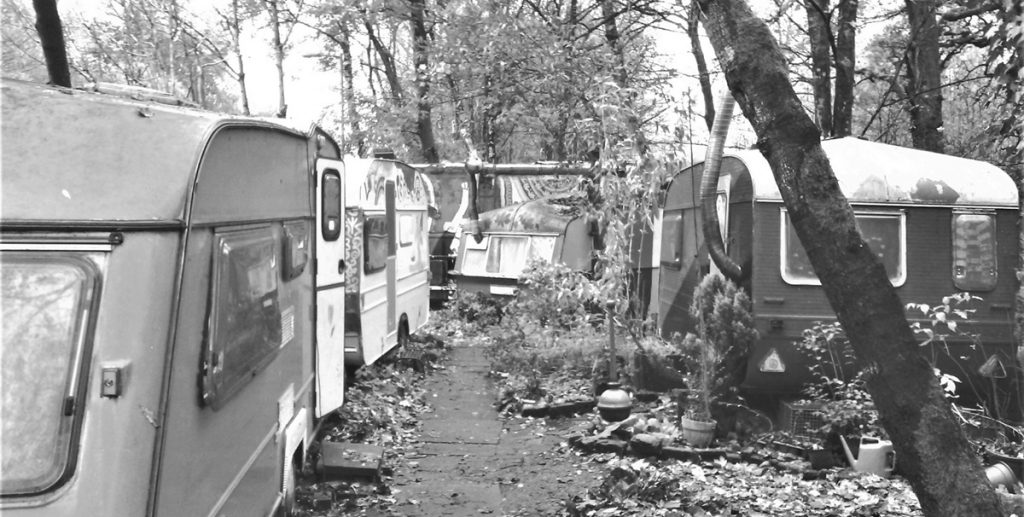
In many cases, feminists have brought distinctive feminist values and ideas to bear on these site-specific struggles.
Looking at camps through a feminist lens reveals how camps bring domestic life visibly into political protest. In so doing, camps disrupt the foundational division in liberal democracy between public and private spheres. They also disrupt the accompanying model of citizenship. This model relied historically on a male head of household exercising citizen rights in the public realm while women were associated with the role of home-maker in the domestic realm.
Feminism has long insisted that the personal is political. So it is unsurprising to find that feminism has been crucial to many camp efforts to develop alternative domestic arrangements, where labour is shared, decisions made collectively, gender roles challenged and caring relationships extended beyond the nuclear family.
More generally, feminism has proved a key source of democratic innovation and imagination in camps. In this vein, Yeşim Arat documents in our book how prior feminist mobilising in Turkey over decades ensured Gezi protestors successfully developed solidarity between different groupings. For Arat, feminist practices were integral to the ‘fugitive democracy’ that Gezi held out as a model to Turkish society.
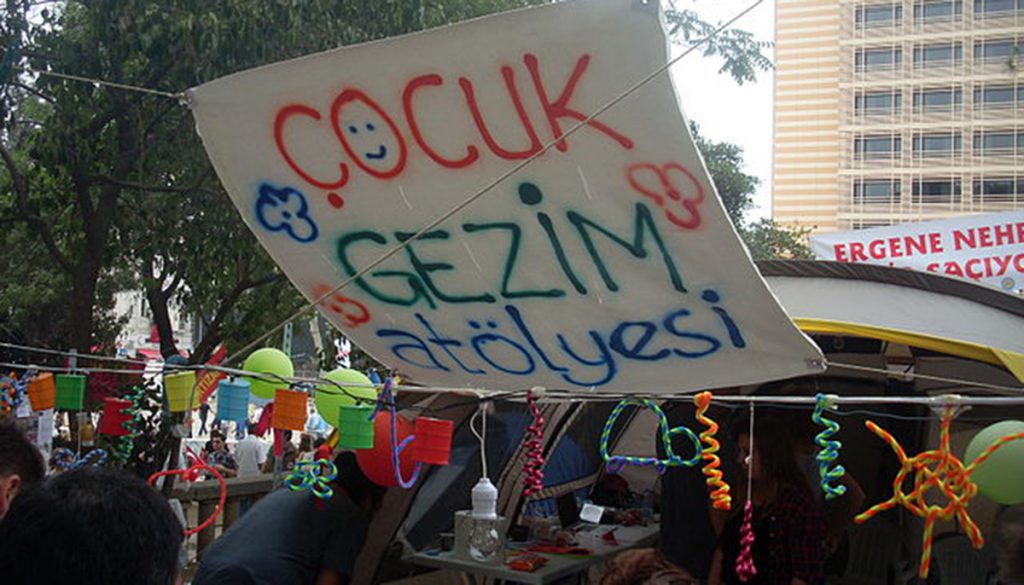
Anastasia Kavada turns to feminist theory to help her interpret disparate camp practices in the ‘movements of the squares’ as elements in a kind of ‘project democracy’. For Kavada, the feminist significance of these practices lies in how they politicise social reproduction, centre an ethic of care, and share in the commons.
Feminists sometimes insist on women-only spaces within camps or create their own camps.
Greenham Common Women’s Peace Camp was the earliest, largest and most sustained of myriad women-only anti-nuclear camps across the UK, Europe, US and Australia in the 1980s. At Greenham, women developed new ways of living and organising together, in a spirit of disobedience, creativity and self-reliance. They also experimented with gender and sexual identity.
In this vein, Finn Mackay’s reflection on the Greenham spin-off camp at Menwith Hill resists the notion that ‘women-only’ spaces dictate what kind of womanhood can be expressed within them. According to Mackay, the absence of normative gender rules and expectations on site allowed for a much wider range of gender expressions: ‘why wouldn’t butch lesbians and transmasculine, transgender individuals flourish there’?
This argument has implications for remaking democracy, as Emma Gómez Nicolau indicates in her account of a no mixto (non-mixed) camp held on International Women’s Day in Valencia in 2020. Nicolau defends the tactical exclusion of men from the camp as necessary to enable the recognition of more diverse political subjectivities among women, along with the differences between them. Ultimately, such recognition facilitates more durable alliances and more inclusive democratic institutions.
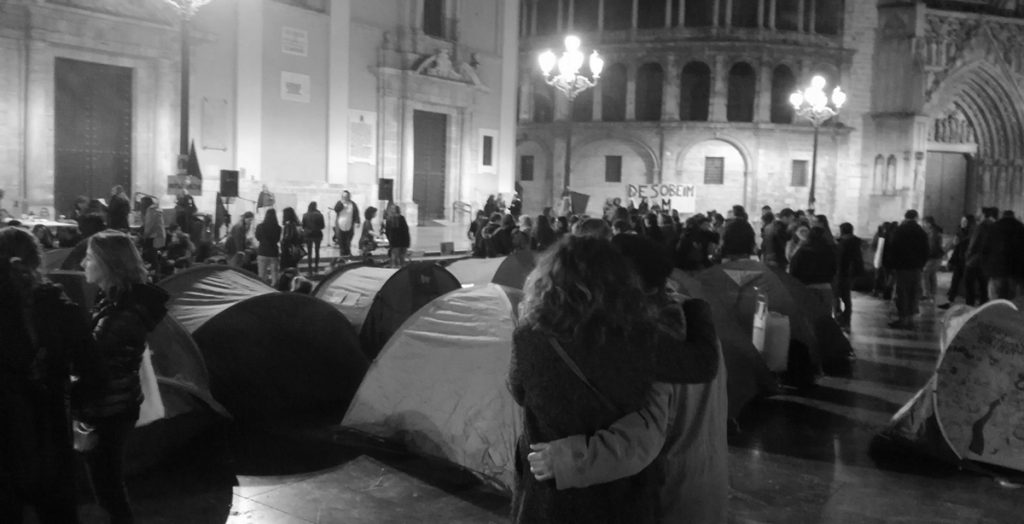
A feminist perspective also reveals that protest camps are sites where certain voices and groups are systematically elevated and others are marginalised or even actively silenced.
Most worryingly, persistent gender-based violence has occurred in mixed-gender camps. There were many such reported instances in the Occupy movement but it has been a problem in other camps too.
In addition, camps have been sites of less brutal but no less insidious intersecting hierarchies that structure who gets to speak and to do particular tasks. Chialing Yang’s discussion of the 3/18 or Sunflower Movement in Taiwan provides a good example. Yang shows how informal homosocial networks and gender stereotyping in the camp largely excluded women from decision making and from media appearances, ensuring that they remained ‘backstage’ in the movement.
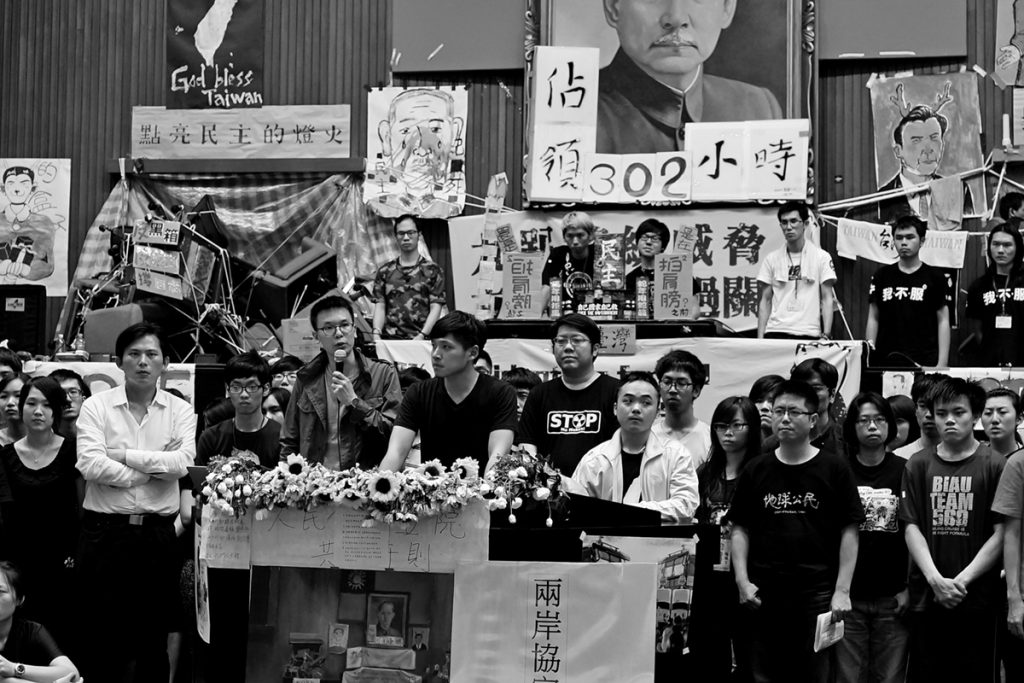
Women-only spaces within mixed camps do not automatically resolve such problems. As Celeste Montoya indicates, activists in Occupy sometimes set up such spaces in ways that reproduced racism or trans exclusion. Likewise, women-only camps can replicate racialised and other hierarchies in terms of which bodies are visible and whose voices get heard.
Clearly, protest camps are not a panacea for 21st century feminist democracy. There are significant structural limitations to the camp from within unequal societies.
Yet camps are likely to remain crucial to the struggle to widen and deepen democracy, particularly in an era of democratic crisis and backlash. And feminists will continue to mobilise within camps, and to experiment with different camp forms. In so doing, they should centre relations of care along with the marginalised bodies and political subjects that are crucial to the creation of new forms of democracy and the transformation of democratic institutions.
In such ways, protest camps are likely to remain an essential site of struggle for 21st century feminist democracy.
No.106 in a Loop thread on the Science of Democracy. Look out for the 🦋 to read more in our series